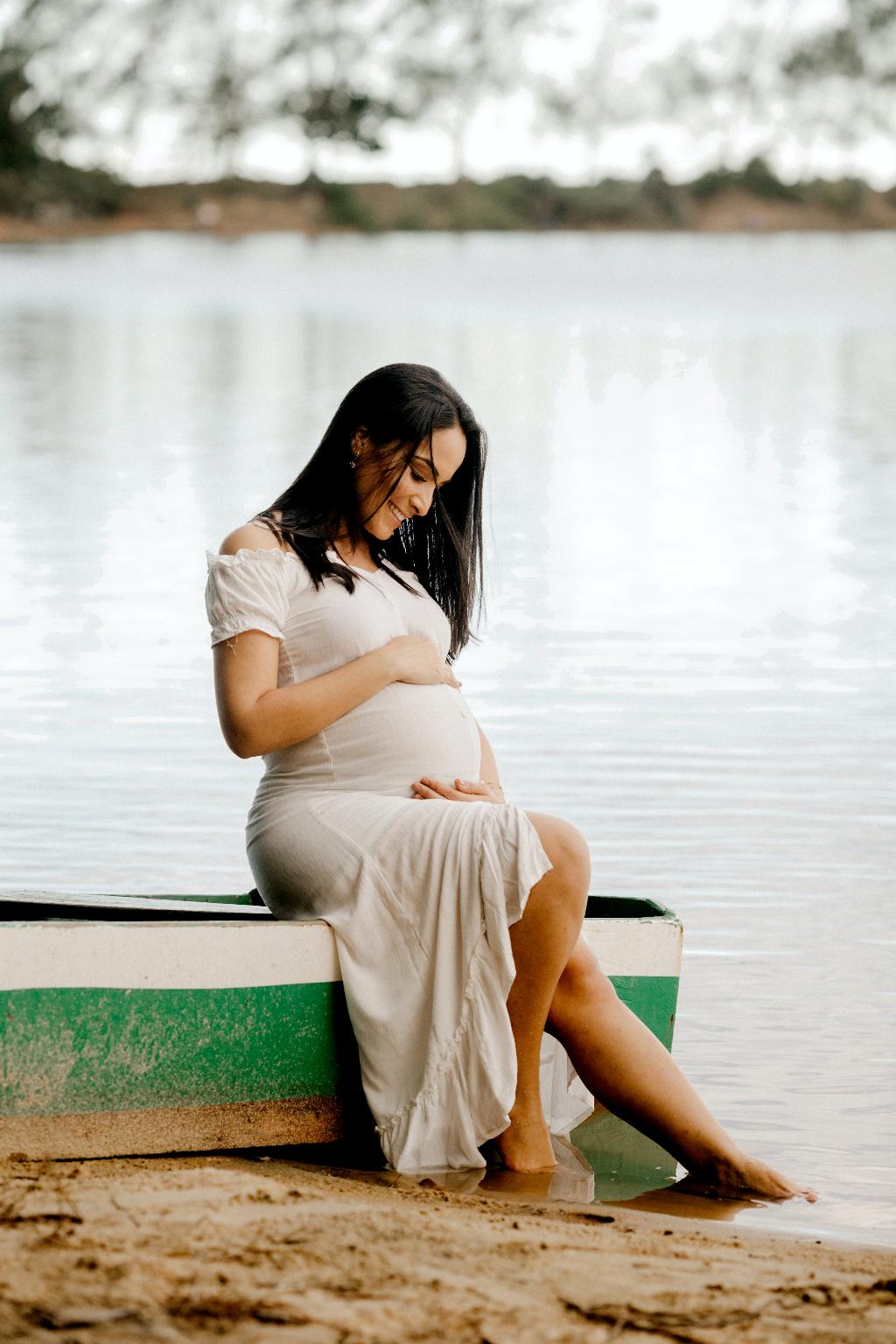When it comes to pregnancy, the health and well-being of both the mother and the baby are of utmost importance. Listeriosis, a bacterial infection caused by Listeria monocytogenes, can pose serious risks to pregnant women and their unborn babies. But how do you know if you have Listeria while pregnant?
Common Symptoms of Listeria During Pregnancy
Listeriosis can manifest various symptoms in pregnant women, ranging from mild to severe. Some common signs of Listeria infection include flu-like symptoms such as fever, chills, muscle aches, diarrhea, or an upset stomach. Additionally, you may experience a stiff neck, headache, confusion, or loss of balance.
Delayed Onset of Symptoms
One crucial aspect to note is that symptoms of Listeria infection may not appear immediately. In some cases, symptoms can surface as late as two months after consuming contaminated food. This delayed onset can make it challenging to pinpoint the source of the infection.
The Silent Nature of Listeriosis in Pregnant Women
Interestingly, many pregnant women infected with Listeria may not exhibit any symptoms at all. This silent nature of Listeriosis in pregnant individuals underscores the importance of taking preventive measures and being vigilant about food safety during pregnancy.
Diagnostic Challenges and Testing
Due to the varied and often nonspecific symptoms of Listeria infection, diagnosing the condition can be challenging. If you suspect you may have been exposed to Listeria or are experiencing symptoms, it is crucial to consult with your healthcare provider. Tests such as blood cultures or spinal fluid tests may be conducted to confirm the presence of the bacteria.
Risks of Listeria Infection in Pregnancy
Concerningly, Listeria infection during pregnancy can lead to serious complications such as miscarriage, preterm labor, stillbirth, or infection in the newborn. Given the potential risks involved, prompt identification and management of Listeria infection in pregnant women are critical.
Preventive Measures to Minimize Listeria Risk
As the saying goes, prevention is better than cure. Taking proactive steps to reduce the risk of Listeria contamination is essential during pregnancy. This includes avoiding high-risk foods such as unpasteurized dairy products, deli meats, and refrigerated smoked seafood.
Safe Food Handling Practices
Practicing proper food safety measures, such as thoroughly cooking meat and poultry, washing fruits and vegetables, and keeping raw and cooked foods separate, can help minimize the risk of Listeria contamination. Additionally, ensuring that your refrigerator is set to the appropriate temperature can inhibit bacterial growth.
Seeking Prompt Medical Attention
If you suspect you may have been exposed to Listeria or are experiencing concerning symptoms during pregnancy, do not hesitate to contact your healthcare provider. Timely medical intervention and treatment can help mitigate the potential impact of Listeria infection on both you and your baby.
Educating Yourself About Listeriosis
Knowledge is power, and being informed about Listeriosis and its potential risks during pregnancy is crucial. By staying educated about the symptoms, prevention strategies, and treatment options related to Listeria infection, you can empower yourself to safeguard your health and the well-being of your baby.
Conclusion: Prioritizing Maternal and Fetal Health
In conclusion, being aware of the signs and risks of Listeria infection during pregnancy is essential for ensuring the health and safety of both the mother and the unborn baby. By staying proactive, informed, and vigilant about food safety practices, pregnant women can minimize the likelihood of Listeria contamination and protect themselves and their little ones.

